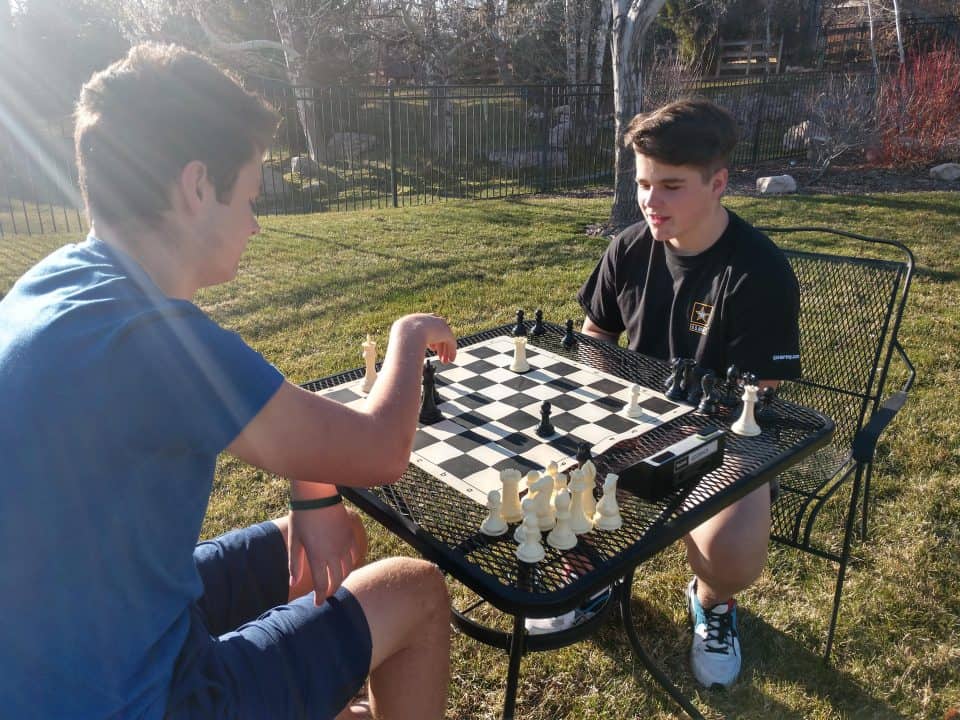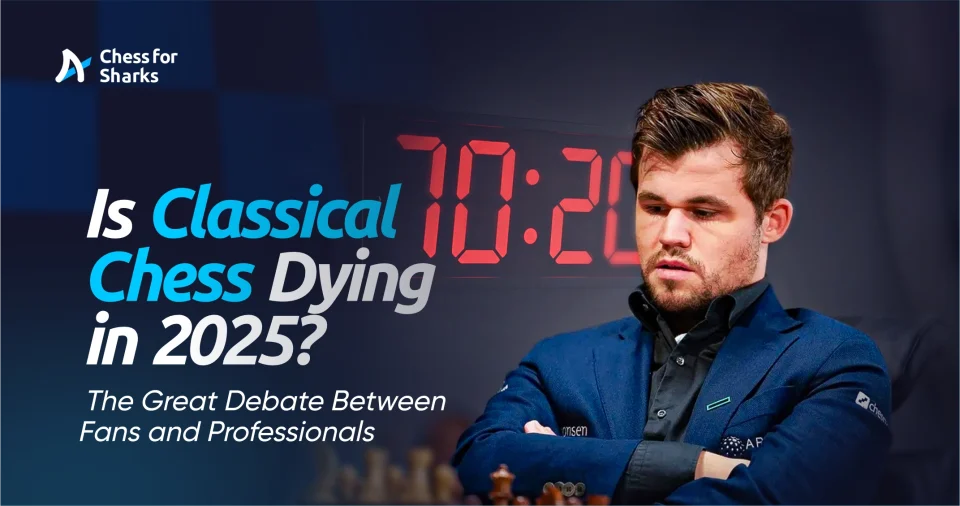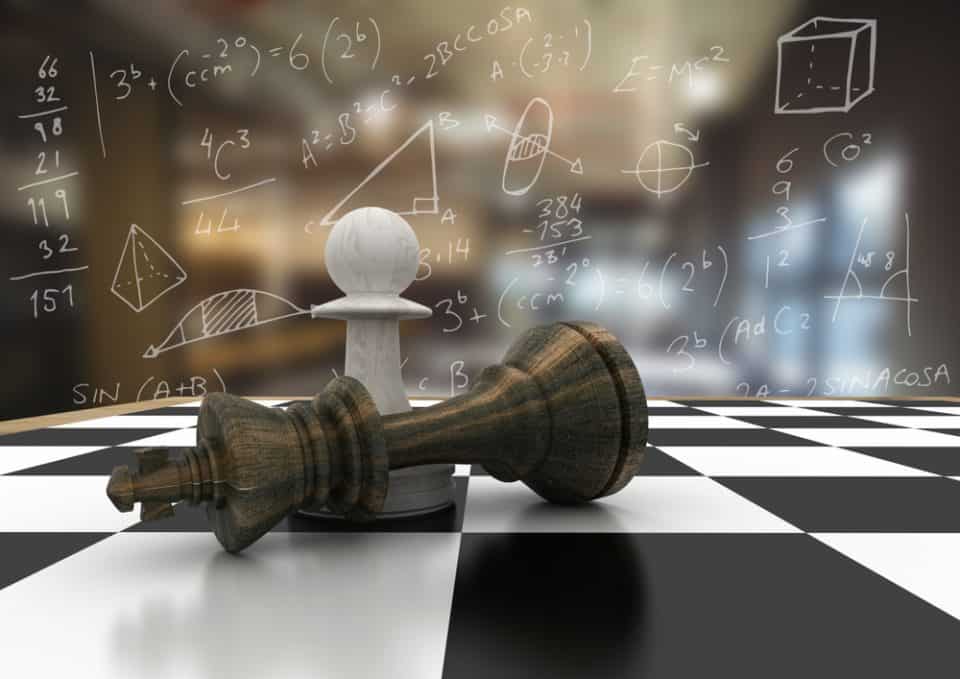No, you don’t need to.
Saying check after an attack on an opponent’s king used to be required but it was abandoned in the early 20th century.
In fact, there’s no rule in FIDE (the world chess federation) laws of chess that presents any obligation to say ‘check’ after attacking.
But doesn’t it look inconsiderate? You may ask. Afterall you should inform your opponent if you attack their king, right?
Well, it’s a bit more complicated than just that.
The Chess Landscape Has Changed
There was a time where chess players were so nice that they would even say garde to alert an opponent that his queen was being attacked.
Garde is the equivalent of saying ‘check’ to an attacked king.
However, things have changed.
There are no official rules that requires you to say check. It’s usually up to your opponent to notice the attack on their king and take necessary actions.
This is very prominent in formal tournaments where you see chess professionals playing. You don’t ever see any one of them blurting out checks while playing.
Not even checkmate is mentioned. These players are expected to understand their position and its current state at all time.
When it comes to friendly games, that’s where we can hear the sounds of ‘check’ here and there. This is usually because such games may be with friends or family who don’t have a very solid knowledge of chess and its rules.
Why Saying Check Might Not Be a Good Idea
Because saying check isn’t required nowadays, your opponent might actually report to an arbiter citing verbal disturbance if you keep repeating check.
It could even be considered demeaning, given that there are only two players involved in a single game. Your opponent might find it offensive that you chose to tell them about the check when they can clearly see it.
This means that you should also not expect your opponent to say check. You have to always keep your eyes on the position, watching out for attacks from your opponent.
You don’t want to get in a situation where you ignore your opponent’s check by mistake and instead play something different. In real tournament games, that’s illegal and usually attracts a penalty.
This penalty could be reducing your time/increasing that of your opponent, or using the piece you picked up to resolve the check (if possible). It doesn’t even matter if that makes you lose or not.
That’s why you should be really careful.
Do You Say Checkmate?
Again, there is no rule in the laws of chess that dictate that a checkmate should be said.
It could be seen as offensive to have your opponent rub salt in the wound with an outspoken checkmate when it lands. No one likes that.
Concluding Thoughts
So, if you are playing a real competition, do not say check. You don’t need to.
You can do so when playing casual games with family or friends. Or when teaching someone chess because they’re yet to understand these rules well.







join the conversation